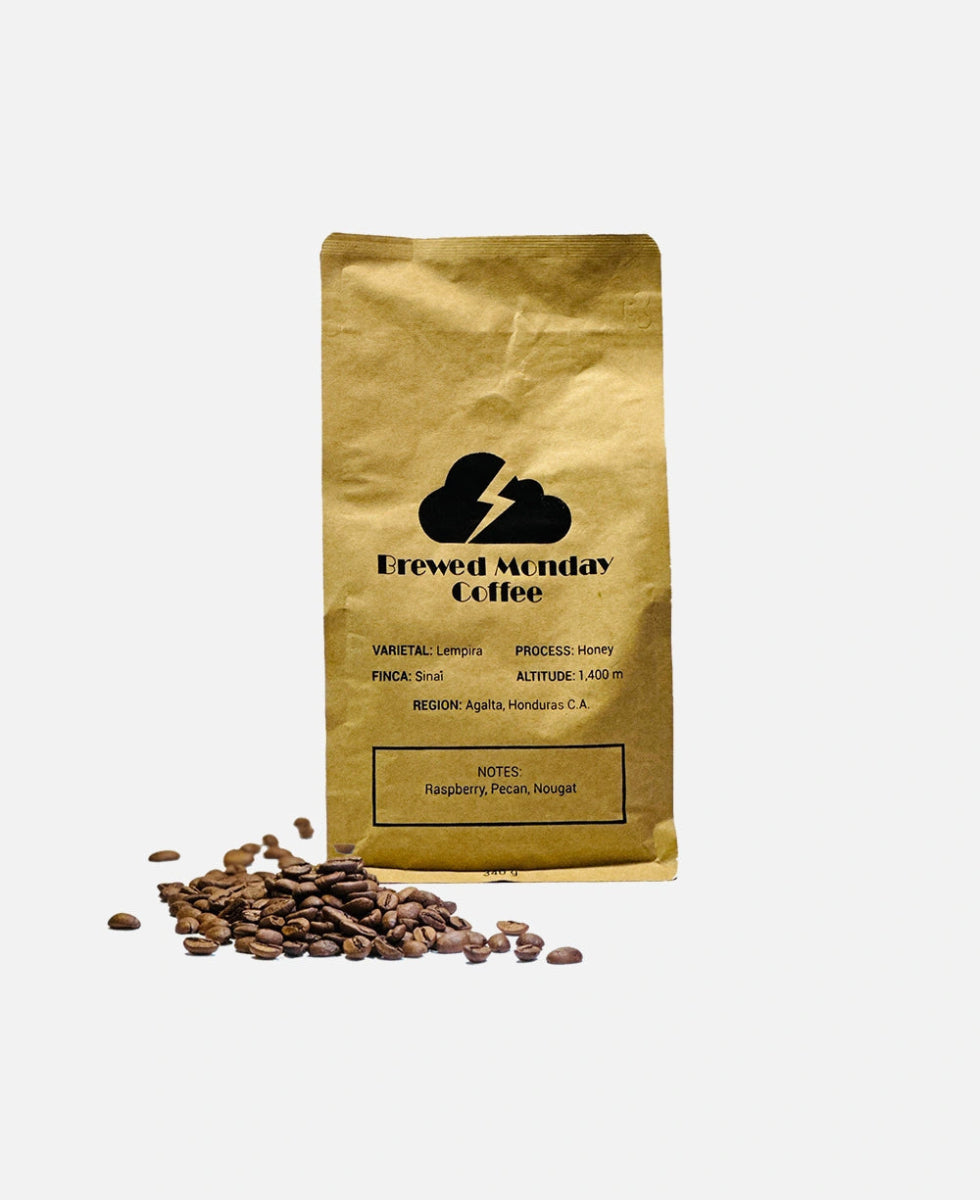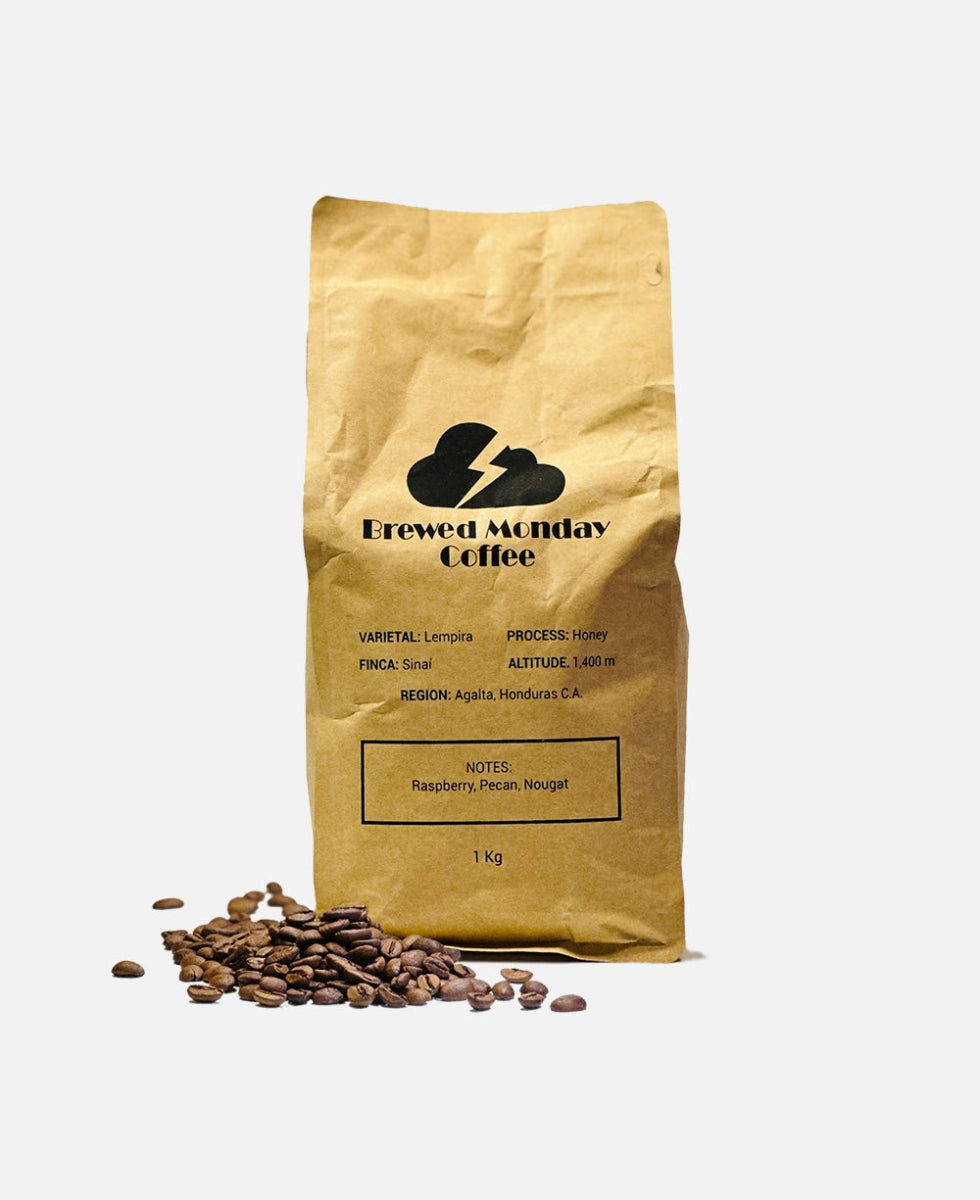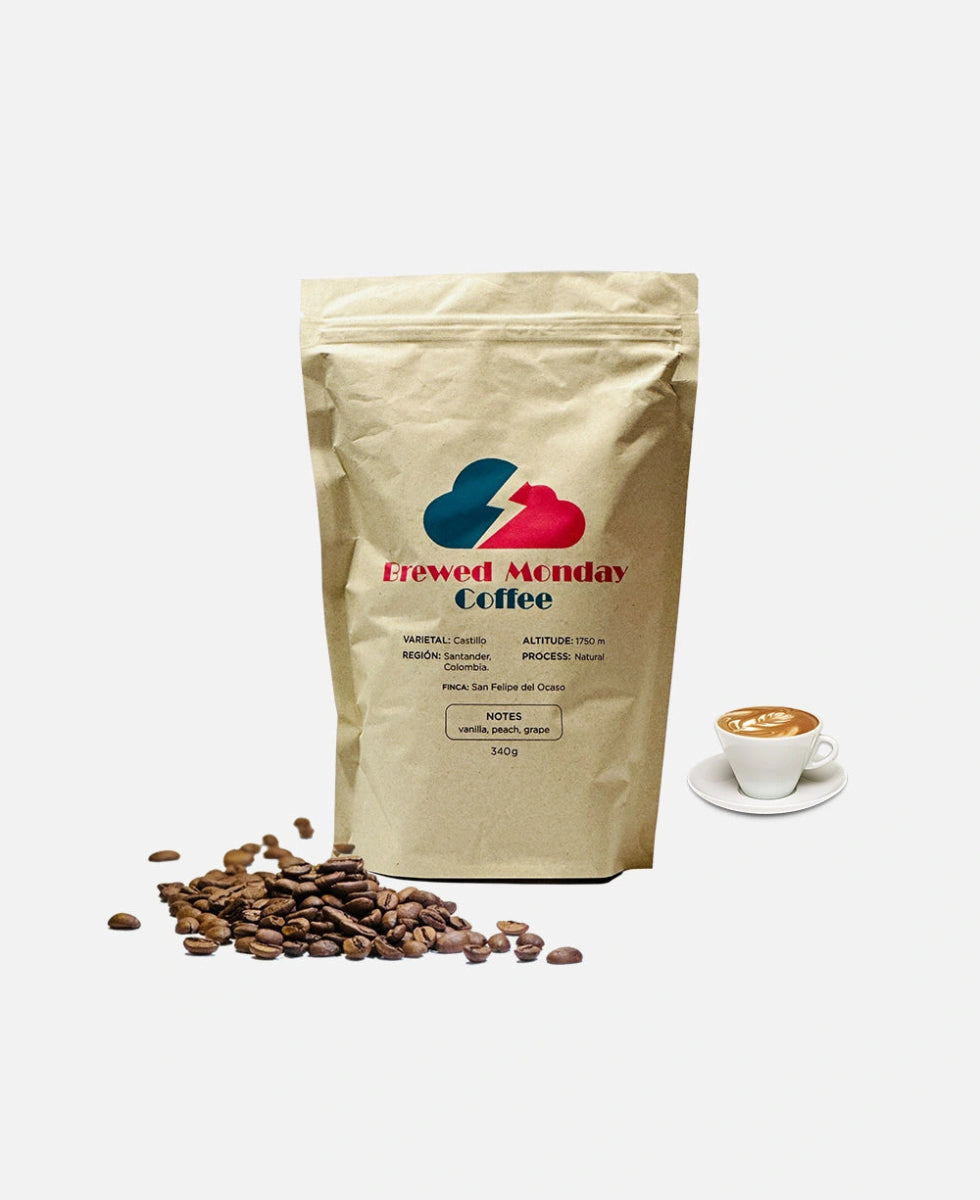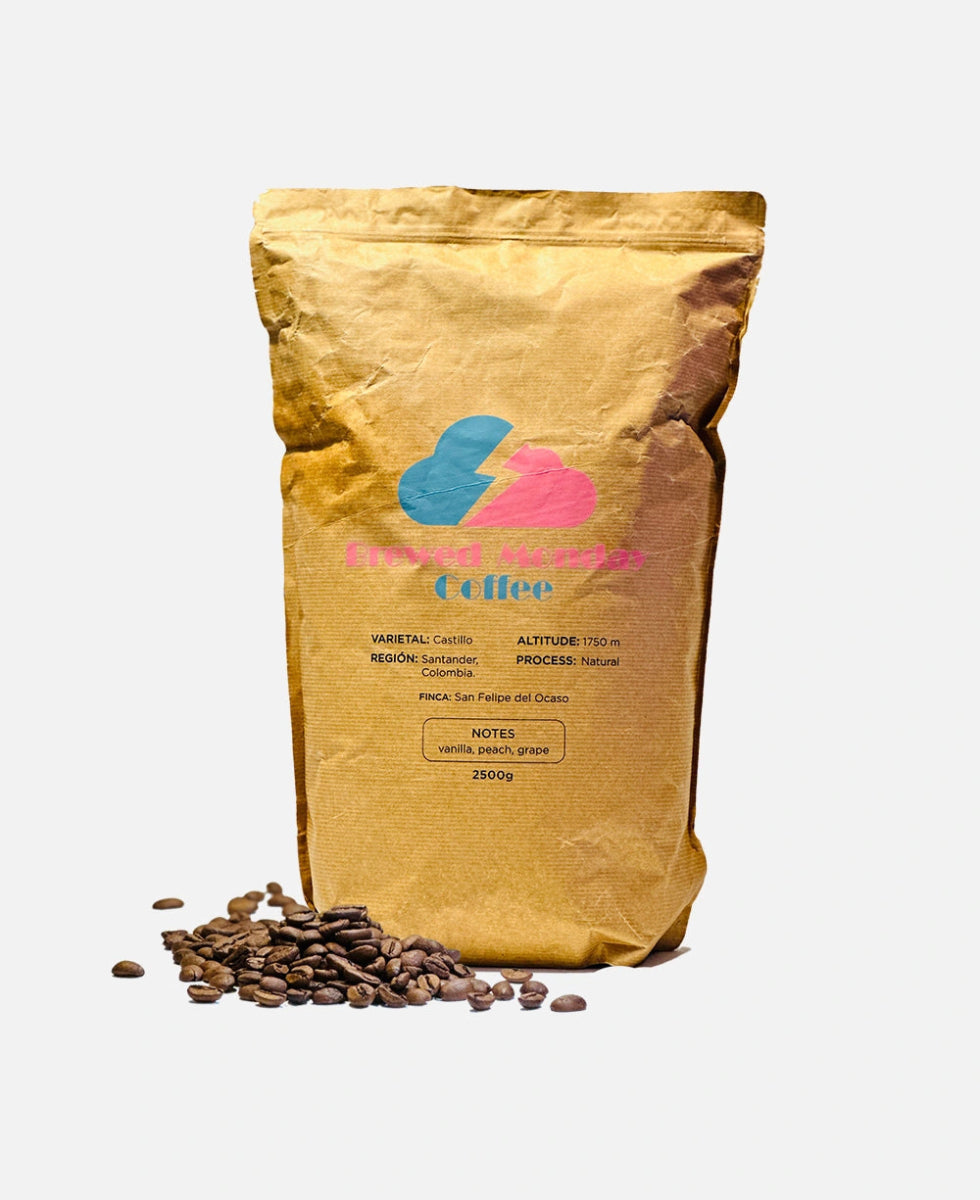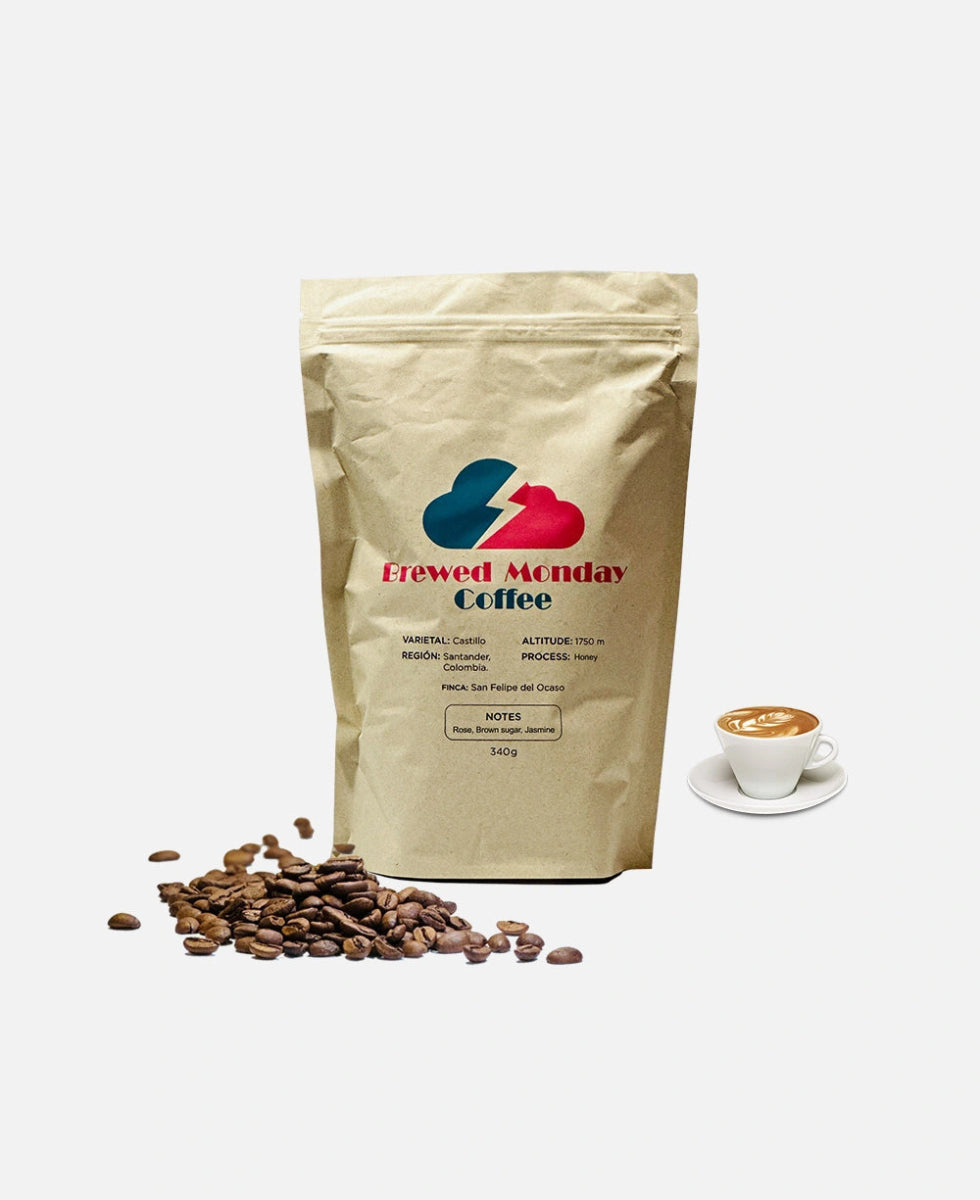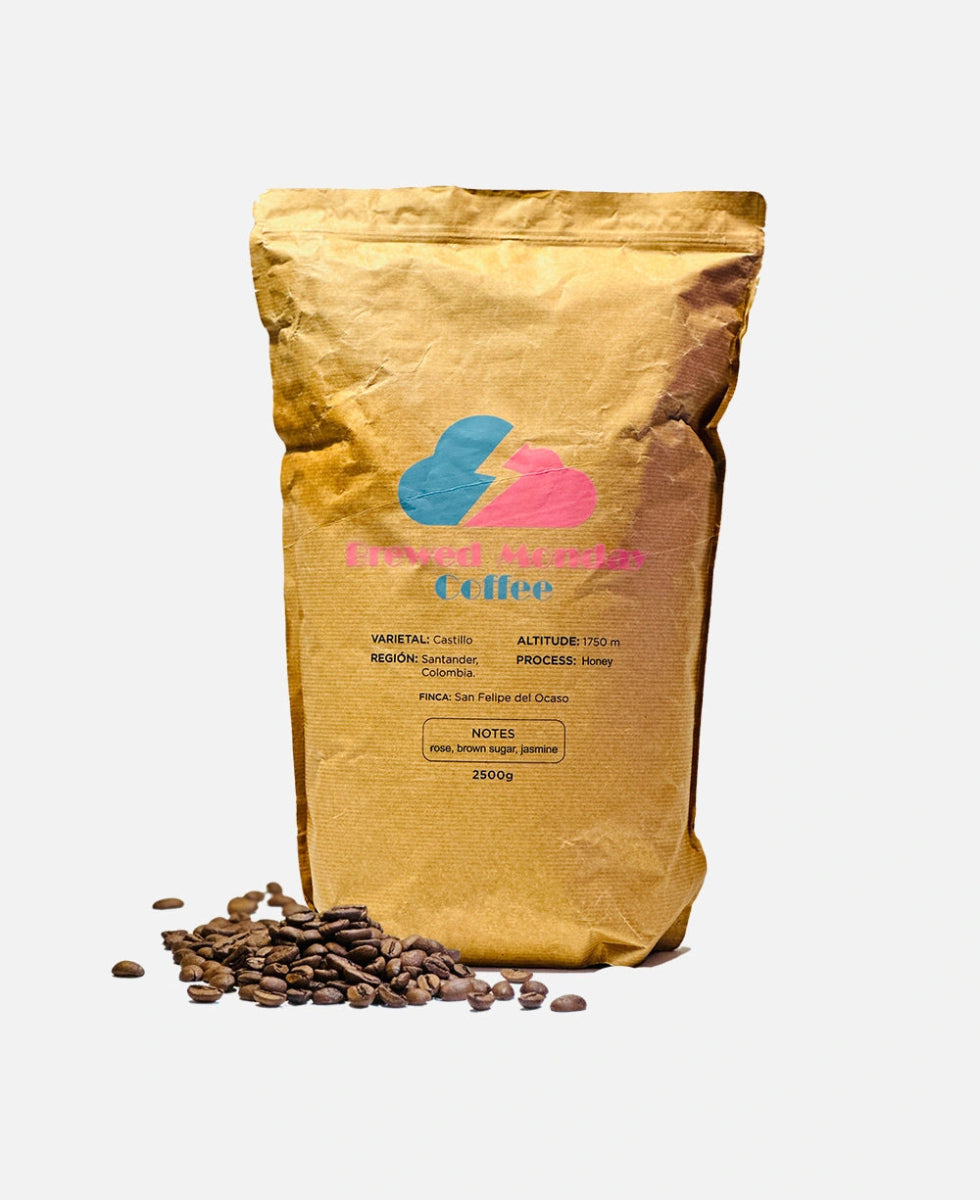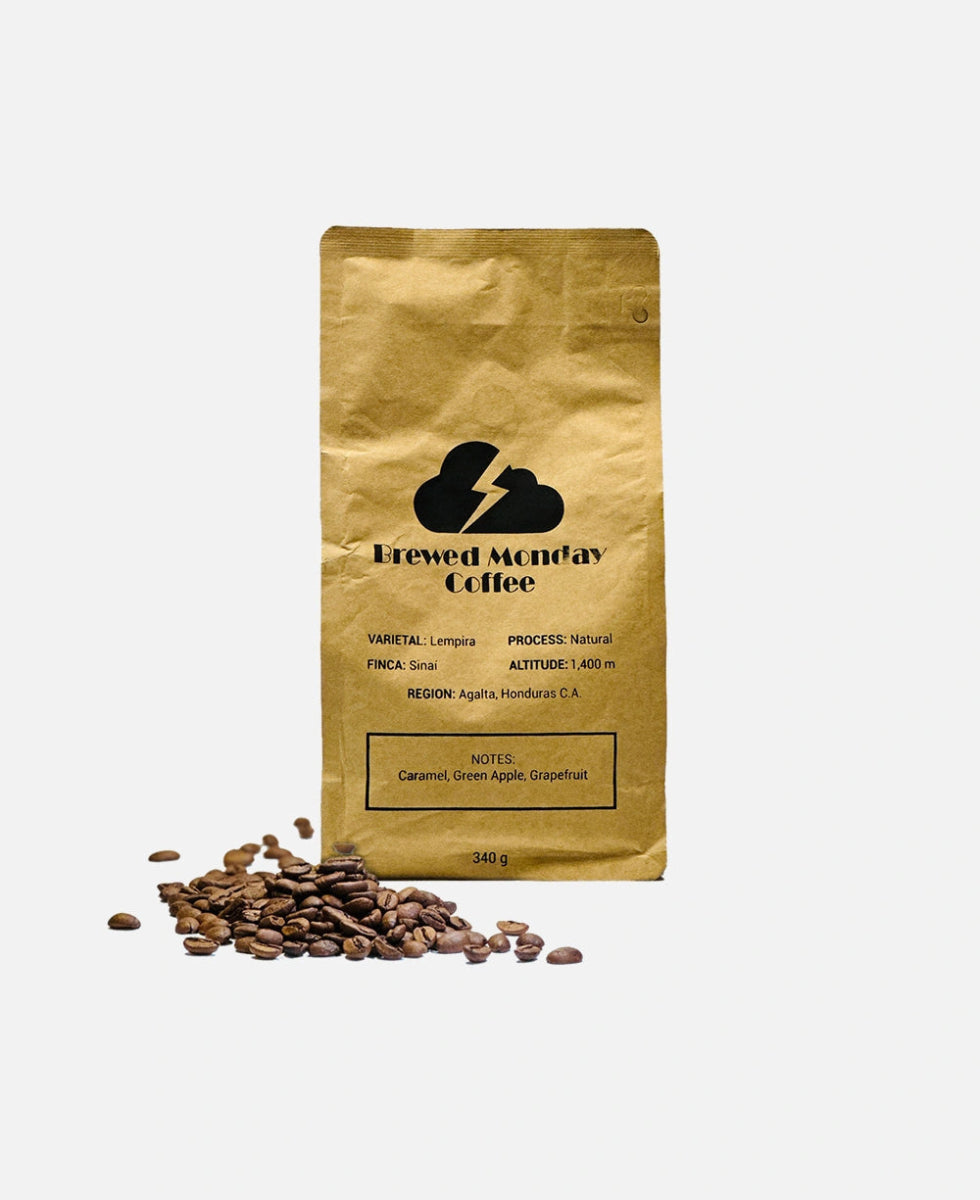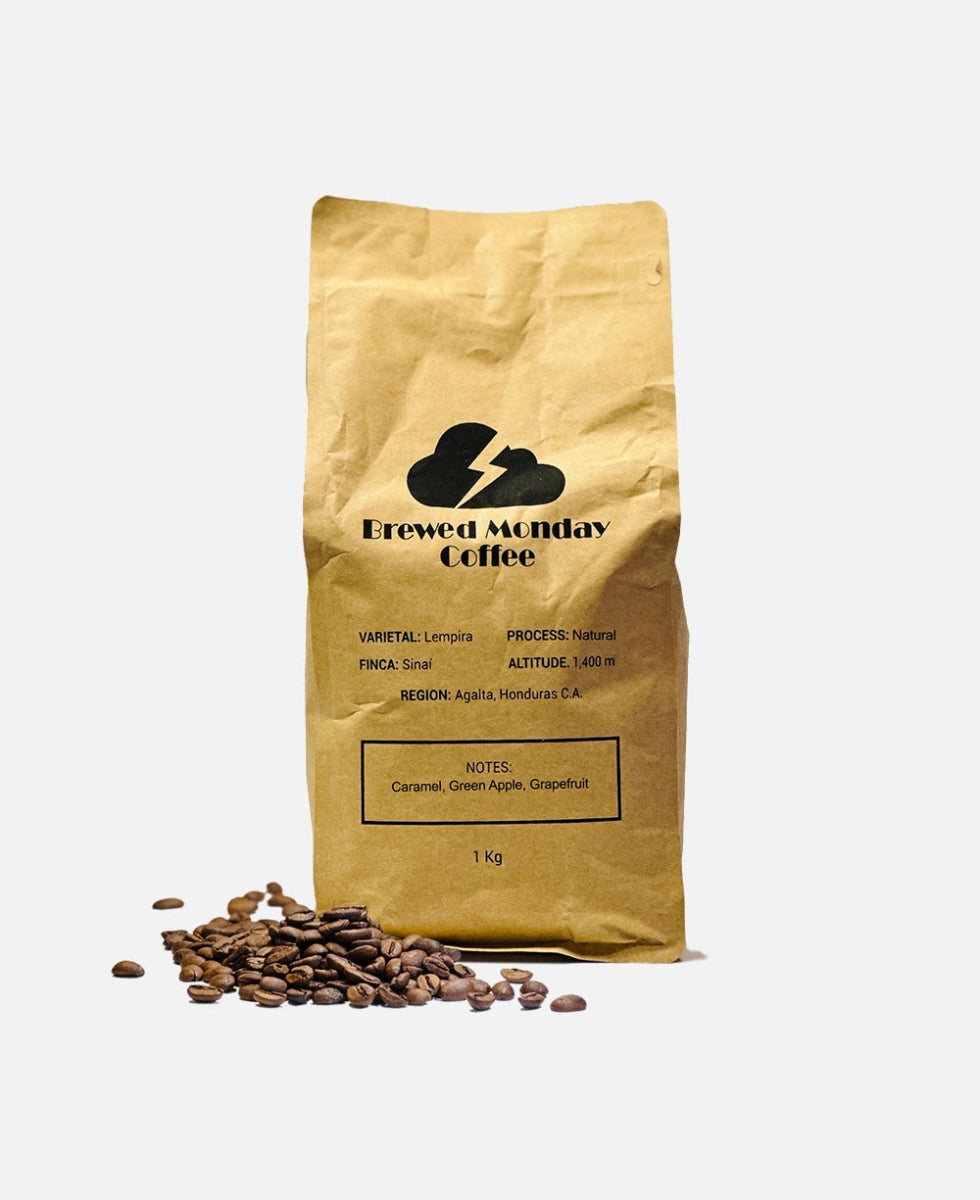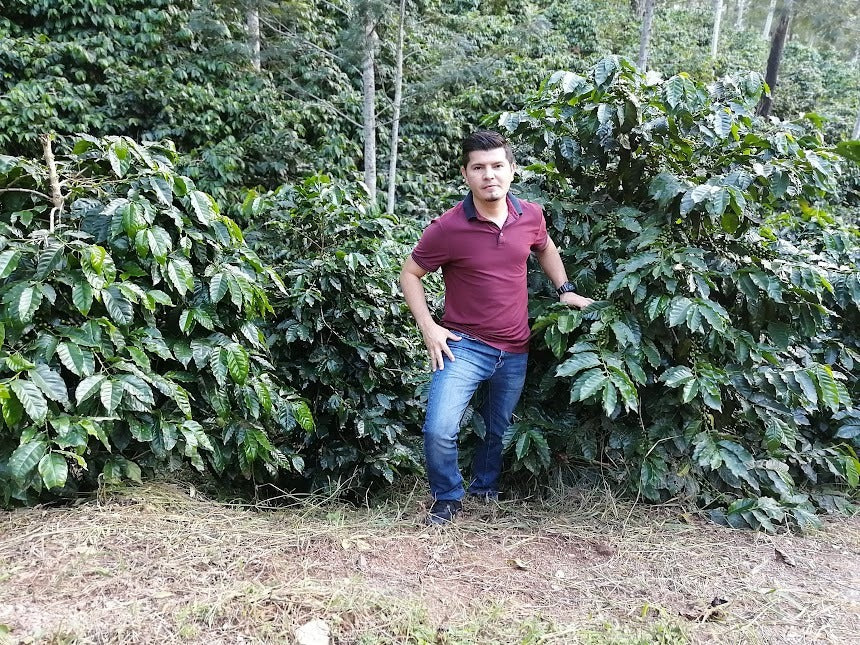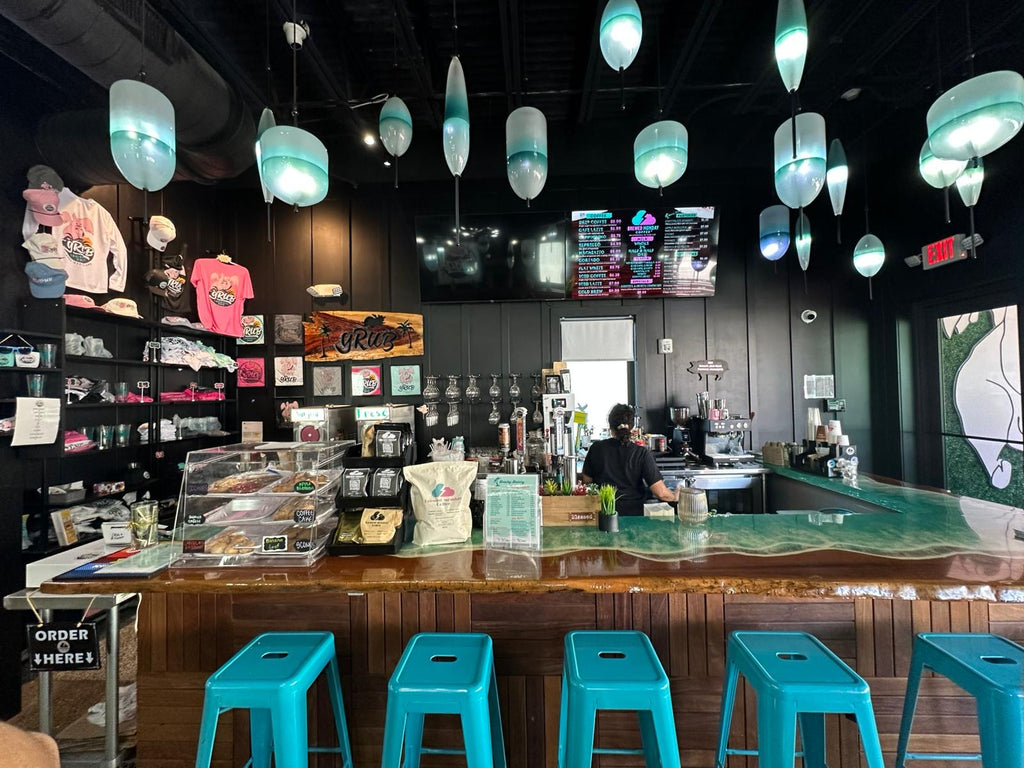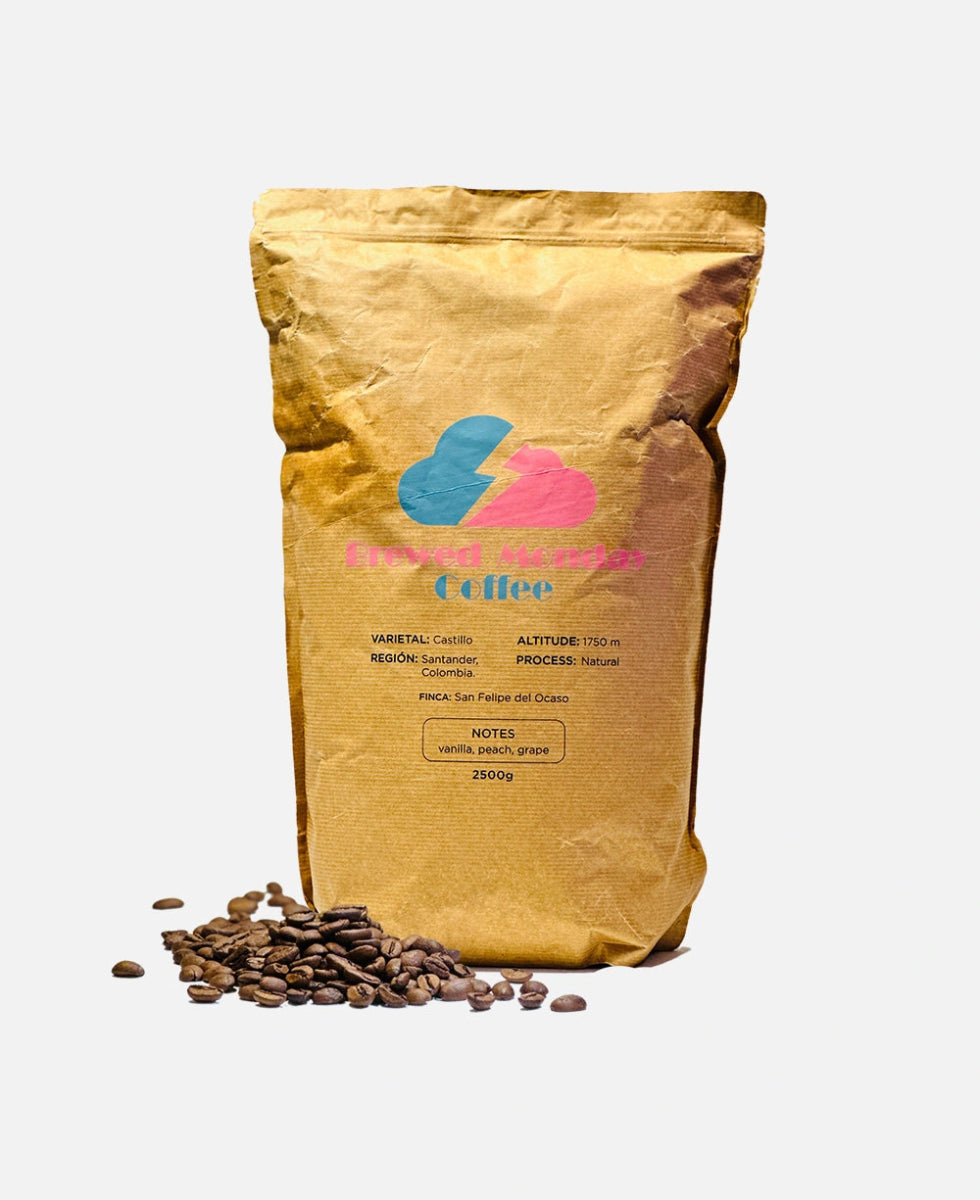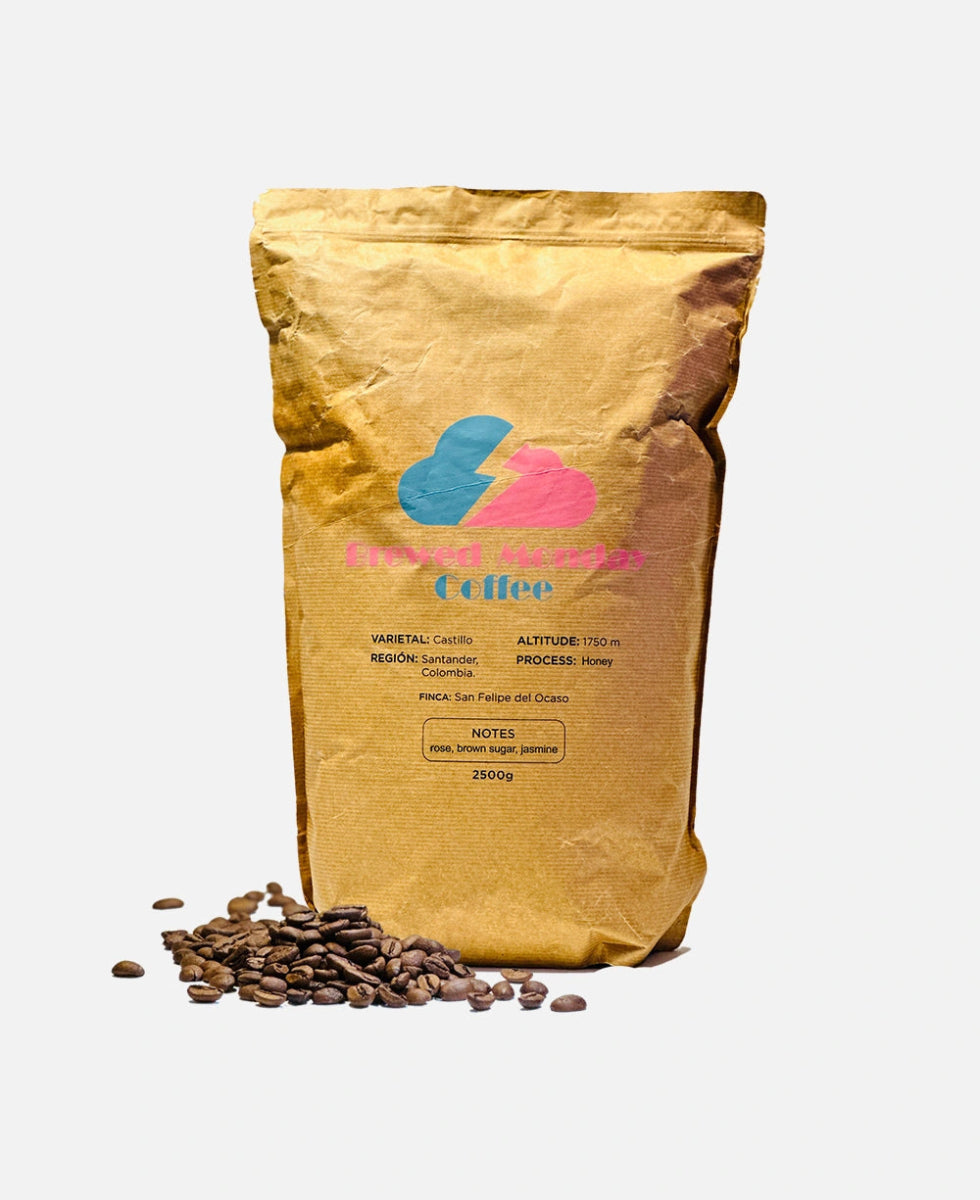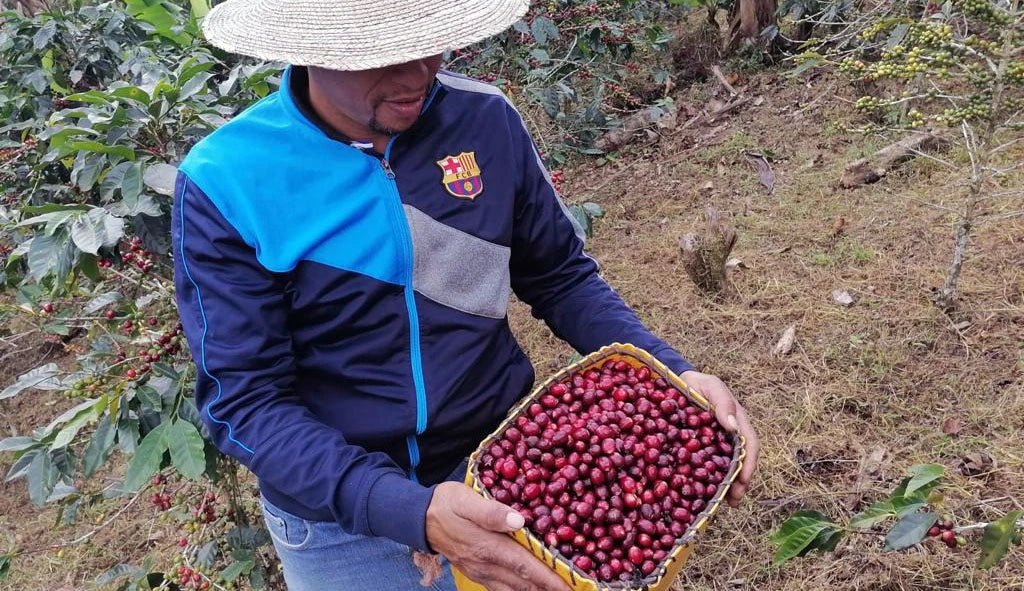
From Farm to Cup: Understanding Natural Process and Honey Process Coffee

In the world of coffee, the journey from farm to cup is a fascinating one. The process involves numerous steps, each contributing to the final flavor profile of the brew. Two key methods in this journey are the natural and honey process, which significantly impact the taste of your coffee. Understanding these methods can help in choosing the best organic coffee beans and working with the right wholesale coffee distributors.
The natural and honey processes, although different, both have a profound influence on the final taste of your coffee. The natural process, also known as the dry process, involves leaving the coffee cherry to dry naturally in the sun, allowing the fruit to ferment and infuse the bean with its flavors. This process often results in a coffee that is full-bodied and rich, with a distinct fruity sweetness. The honey process, on the other hand, involves removing the outer skin of the coffee cherry but leaving some of the sticky, sweet mucilage, or 'honey', on the bean while it dries. This method results in a cup that beautifully balances sweetness with acidity, often with a more complex flavor profile. These processes are just part of what makes each cup of coffee unique, and understanding them can enhance your appreciation of this beloved beverage.
Natural Process Coffee: A Taste of Tradition
The natural process, also known as dry processing, is the oldest method of processing coffee. The freshly picked coffee cherries are spread out to dry in the sun with the fruit still intact. Over several weeks, the fruit ferments and imbues the beans with a sweet, fruity flavor. This method results in coffee with a full body and low acidity, often preferred by coffee connoisseurs for its intense, wine-like flavors.
While the natural process can create unique and delicious coffee flavors, it is also the most challenging and time-consuming method of processing coffee. The beans must be carefully monitored and turned regularly to ensure even drying and prevent mold or rot. Additionally, the natural process can result in inconsistent flavors from batch to batch, as the level of fermentation and drying can vary depending on weather conditions and other factors. Despite these challenges, many coffee farmers continue to use the natural process method to produce high-quality, specialty coffee beans appreciated by coffee lovers around the world.
The natural process, while labor-intensive, has a significant advantage in regions where water resources are scarce. It is a more environmentally friendly method as it requires less water compared to other processing methods, making it an ideal choice for farmers in arid regions. Moreover, the natural process can contribute to the local economy by providing employment opportunities during the harvesting and drying season. Despite the potential for variations in flavor, many specialty coffee roasters value these unique characteristics and seek out naturally processed beans for their distinct, fruit-forward profile. This appreciation for natural process coffee has led to its increased demand in the specialty coffee market, reinforcing its importance in the global coffee industry.
Honey Process Coffee: Sweetness with a Twist
Contrastingly, the honey process involves removing the skin and pulp from the coffee cherry but leaving some of the mucilage or 'honey' on the bean before drying. This sticky coating imparts a unique sweetness to the beans. The honey process can be further divided into three categories: white, yellow, and red honey, depending on the amount of mucilage left on the bean and the drying time. This method results in a coffee that beautifully balances sweetness with acidity.
Compared to the natural process, the honey process is less risky and more consistent in terms of flavor profile. The honey process requires less drying time and is less susceptible to mold or rot, making it easier to manage for coffee farmers. Additionally, the honey process allows for greater control over the final flavor profile of the coffee, as the amount of mucilage left on the bean can be adjusted to produce different levels of sweetness and acidity. As a result, the honey process has become increasingly popular among coffee farmers and roasters in recent years, offering a unique and delicious alternative to traditional coffee processing methods.
One of the benefits of the honey process is that it can create a more sustainable and eco-friendly coffee production system. By leaving some of the mucilage on the beans, the honey process reduces the amount of water needed for washing and processing coffee beans, which can be a significant source of pollution and waste in coffee production. Additionally, the honey process can provide economic benefits to coffee farmers, as it allows them to produce high-quality specialty coffee beans that can command a premium price in the market. Overall, the honey process is a versatile and innovative method of processing coffee that offers unique and delicious flavor profiles while promoting sustainability and economic development in the coffee industry.
Choosing Your Beans: The Role of Coffee Vendors and Suppliers
Choosing coffee processed through these methods can lead to an exceptional cup of joe. However, it's crucial to source these from reliable coffee vendors or coffee bean suppliers. The quality of beans plays a significant role in determining the final taste of your brew.
When sourcing coffee beans, it's essential to consider factors such as freshness, origin, and roast level. Freshness is crucial, as coffee beans begin to lose their flavor shortly after roasting. Therefore, it's best to purchase beans that have been roasted recently and stored properly. The origin of the beans also plays a role in determining their flavor profile, as different regions and altitudes produce unique coffee flavors. Finally, the roast level affects the taste of the coffee, with lighter roasts highlighting the bean's natural flavors and darker roasts imparting a more robust, smoky flavor.
Working with a reliable coffee vendor or coffee bean supplier can ensure that you have access to high-quality beans that meet your specific requirements. Look for vendors that prioritize sustainability, transparency, and fair trade practices in their sourcing and business operations. Additionally, consider working with a vendor that offers a variety of processing methods and origins to experiment with different flavors and find your perfect cup of coffee. With the right beans and processing methods, you can enjoy a delicious and unique coffee experience every time you brew.
Brewed Monday Coffee: Your Trusted Wholesale Coffee Supplier in Sarasota, Florida
For those seeking top-notch quality and ethical sourcing, look no further than Brewed Monday Coffee. Located in Sarasota, Florida, Brewed Monday Coffee is a wholesale coffee supplier committed to delivering the very best. They believe that coffee is more than just a beverage - it's a way of life.
At Brewed Monday Coffee, every step from sourcing to roasting is executed with utmost care. Their beans are sourced through ethical trade practices, and they maintain close relationships with their growers. This ensures not only delicious coffee but also a sustainable and socially responsible business model. When it comes to roasting, each batch is handled with precision, using only the finest methods to bring out the unique flavors and aromas of every bean.
Whether you're a coffee connoisseur or just someone looking for a great cup of joe, Brewed Monday Coffee can be trusted to deliver the very best, every time. Their commitment to quality and ethical sourcing makes them an excellent choice for those seeking coffee wholesale.
Conclusion
In conclusion, the journey of coffee from farm to cup is an intricate one, filled with careful steps and processes that shape the final flavor of your brew. The natural and honey processing methods, each with their unique characteristics, play a significant role in this journey. Understanding these methods not only enhances your appreciation of the coffee you drink but also guides you in choosing high-quality, sustainably sourced beans. Whether it's the full-bodied richness of naturally processed beans or the balanced sweetness of honey-processed ones, there's a world of flavors waiting to be savored in every cup.
Moreover, the role of committed suppliers like Brewed Monday Coffee cannot be overstated. Their dedication to quality, sustainability, and ethical sourcing ensures that you're not just getting a great cup of coffee, but you're also supporting responsible farming practices and contributing to a more sustainable coffee industry. So, as you enjoy your next cup of coffee, remember the fascinating journey it has taken from farm to cup, and the remarkable flavors that journey has imparted.

